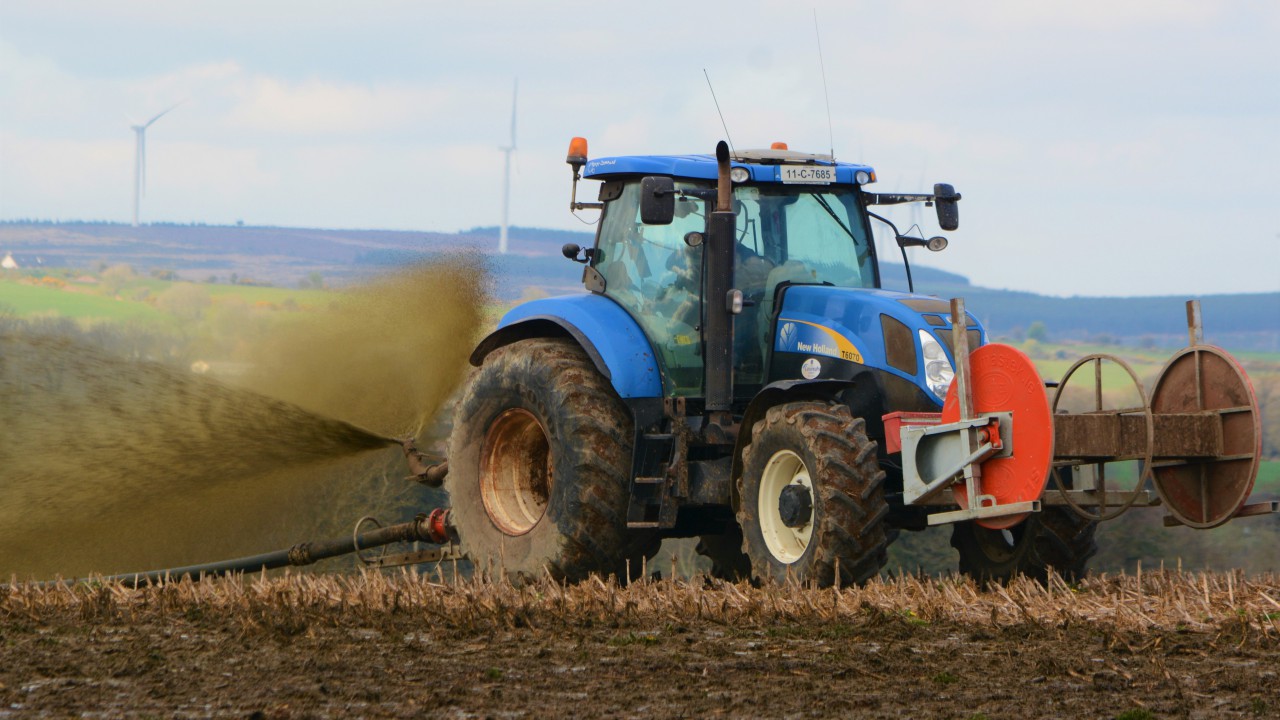NFU Scotland has condemned the Scottish government proposals for silage, slurry and digestate as “excessively blunt” and “ill thought-out”.
Responding to the Scottish government’s consultation on the storage of silage, slurry and digestate, and the application of slurry and digestate to land as fertiliser, the union has highlighted significant and potentially damaging costs associated with the proposals in relation to unknown benefits.
More than 540 members across Scotland – looking after 140,000 cows and 17,000 pigs – responded to a recent union survey.
Case studies from all parts of the nation have been included in the union’s response, identifying costs that would be associated with the Scottish government’s proposals.
‘There are no excuses for bad practice in this area’
Commenting on the union’s submission to the Scottish consultation, NFU Scotland president Martin Kennedy said:
“NFU Scotland fully supports policies and practices that aim to reduce emissions and diffuse pollution associated with agricultural activity, and believes all farm businesses can, and should play their part in meeting climate change challenges and safeguarding water quality.
There are no excuses for bad practice in this area, but a policy balance of regulation, support and advice must be struck.
“However, responses from our membership clearly show that, if unchanged or unsupported, these proposals bring a costly overreliance on regulatory compliance that is highly unlikely to yield the desired policy outcomes.
“Instead, they may lead to very damaging unintended consequences of people leaving the industry,” he added.
“The Scottish government must recognise the huge impact that its proposals would have on Scottish agriculture.
Through the hundreds of responses we received, from Shetland to Stranraer, it is abundantly clear that what is on the table would add a huge cost burden to farmers and crofters.
“That is a cost burden that would not be recovered from the marketplace for our produce and are additional costs that farmers in many other competing nations would not have to bear,” he concluded.


